Building a "people's media posture" is therefore becoming increasingly urgent and needs to be seen as an inseparable part of the people's hearts posture and the national defense posture in the new era.
Throughout the history of Vietnam's revolution, the masses have always been the core force, the great source of strength leading the country to overcome difficult challenges. During his lifetime, President Ho Chi Minh once affirmed: Revolution is the cause of the masses.
This ideology has been creatively applied by our Party through the periods, from building the National United Front to large mass movements. The spirit of solidarity of the people under the leadership of the Communist Party of Vietnam has become a solid foundation for all victories.
Nowadays, the 4.0 industrial revolution and digital transformation are taking place strongly, cyberspace has become a new front, the concept of "people's media posture" has emerged as an important strategy, not only reflecting collective strength but also demonstrating the active participation of all classes of people in shaping and protecting the sustainable development of the country.
Accordingly, building a "people's media posture" is understood as arranging, organizing and promoting the power of communication from the people, for the people, with the goal of creating a widespread, healthy information front, closely linked to the mainstream media system, sharing the mission of building a civilized, democratic and progressive society.
When properly guided, people's media will be the "eyes and ears" and "extended arms" of authorities in detecting problems, monitoring policy implementation, providing social criticism and spreading positive values. It is a soft resource but has great destructive power if organized into a solid formation - a formation that comes from the hearts of the people.
Statistics from the authorities show that there are currently 70 million Vietnamese people using social networks, accounting for 71% of the total population. With about 110 million Vietnamese accounts using domestic social networks, platforms such as Facebook, Zalo, or YouTube are not only places to share personal information but also spaces for people to promote their roles, responsibilities, and participate in national issues.
On the positive side, social networks have become a powerful tool to spread good values, from charity movements, gratitude, to propaganda of the Party and State's policies.
As in the Covid-19 pandemic, or when northern provinces and cities had to cope with super typhoon Yagi, millions of articles, video clips, and images appeared on social networks, contributing to promoting the spirit of solidarity, sharing difficulties, mutual love, and honoring good people and good deeds, helping to unite the community to overcome challenges together.
However, in addition to the great benefits, social networks also pose many challenges. The rapid development of cyberspace has created conditions for hostile forces and political opportunists to take advantage of it to sabotage Vietnam, spreading false information, fake news, distorted arguments, defamation, and personal attacks on the Party and State's policies and guidelines.
More dangerously, there are more and more "keyboard heroes" who take advantage of freedom of speech to attract, incite, and even collude with hostile forces to cause public confusion and undermine social trust with many levels of sophistication and complexity.
A segment of the population, especially the youth, due to lack of life experience, communication skills and the ability to verify information, has unintentionally contributed to the spread of toxic information without being aware of the consequences. This false information, if not controlled promptly, can cause division in the great national unity bloc, affecting the stability of the regime.
Furthermore, phenomena such as "cyber attacks", hate speech, and slander on social networks not only harm individuals and organizations but also erode traditional cultural and ethical values of the nation.
Faced with this situation, our Party and State have promptly issued policies and guidelines to promote the people's media position and at the same time prevent risks from cyberspace.
Resolution No. 35-NQ/TW, dated October 22, 2018 of the 12th Politburo on "strengthening the protection of the Party's ideological foundation, fighting against erroneous and hostile views in the new situation" has promoted the role of the masses in spreading positive information and "greening" cyberspace.
In the documents of the 13th National Party Congress, the issue of developing press and media associated with digital transformation, ensuring information security and fighting against erroneous and hostile views was also emphasized many times.
Specifically, our Party clearly identifies the need to promote the role of the people in protecting the Party's ideological foundation, fighting against erroneous and hostile viewpoints, and manifestations of degradation in political ideology, morality, and lifestyle. This is not only a political requirement, but also a strategic orientation for the people's media posture.
Along with that, many programs and projects have been implemented, focusing on raising awareness, skills and roles of people in receiving and sharing information.
Notably, on April 6, 2023, the Prime Minister approved the Strategy for Digital Transformation of Journalism to 2025, with a vision to 2030, which considers cyberspace as the "main front" of journalism, encouraging press agencies to create professional, humane and modern content to guide public opinion.
The strategy sets a target that by 2030, 100% of press agencies will post content on digital platforms (prioritizing domestic digital platforms); 90% of press agencies will use centralized data analysis and processing platforms, applying artificial intelligence to optimize operations; 100% of press agencies will operate a converged newsroom model and models suitable for the development of advanced science and technology in the world, producing content according to digital journalism trends.
The above orientations not only affirm the media's mission in reaching all classes of people on social networking platforms, but also create a legal corridor and mechanism for people to participate more actively and responsibly in national issues.
Practice has proven that when people are properly oriented, empowered and have faith in the socio-political system, they will become pioneers on the information front, actively spreading what is right and proactively speaking out against what is wrong.
The recent campaigns to “fight against false information” by the patriotic TikTok and YouTube communities; or the network of collaborators in localities actively sharing official news, explaining policies in simple, easy-to-understand language... on online platforms are all vivid proof that the people's media battle is taking shape and taking effect.
In many sensitive cases, it is the voices of prestigious people and people with great influence that have calmed social anger, contributed to stabilizing public opinion and maintaining people's trust in the Party and State's policies and guidelines and the path to socialism in Vietnam.
However, to effectively build and promote the people's media position, first of all, official press agencies need to continue to innovate their methods of operation, effectively taking advantage of the advantages of social networks to convey information quickly, attractively and closely to the public.
Second, there needs to be mechanisms and policies to encourage, train, and connect to support, recognize, and protect active individuals in social media, making them part of a healthy media ecosystem. Continuously raise awareness and digital capacity for people, especially the young generation, so that they can become “warriors” on the information front, know how to distinguish fake news from bad news, and strongly spread positive values.
Third, it is necessary to perfect the system of legal documents, such as the Law on Cyber Security, to strictly handle acts of exploiting the media for personal gain, spreading fake news, insulting individuals and organizations, spreading false information, and sabotage - creating the necessary deterrence to make cyberspace safer and more positive.
Finally, promoting the role of the Vietnam Fatherland Front and socio-political organizations is a key factor in gathering and uniting the masses, turning each citizen into a "fulcrum" in the people's media battle.
In the context of increasingly fierce information competition, media conflicts, and cognitive warfare, building a people's media posture associated with protecting the Party's ideological foundation is not only a media task, but also part of the strategy of defending the country early and from afar with soft power.
The connection between mainstream media and people's media will create a continuous, resonant battle, strong enough to neutralize toxic information flows, spreading the voice of truth, reason and humanity. When every citizen is aware of their information responsibility, when every status line is written with a constructive spirit, that is when "people's media" truly becomes a solid fortress to protect the Fatherland in the digital age. And in the hearts of the people, among the daily news, the most lasting values of a nation that knows how to unite, love, fight and defend justice with the power of truth still quietly shine.
Source: https://nhandan.vn/the-tran-truyen-thong-nhan-dan-trong-ky-nguyen-so-post883360.html





![[Photo] General Secretary To Lam receives Chief of the Central Office of the Lao People's Revolutionary Party](https://vphoto.vietnam.vn/thumb/1200x675/vietnam/resource/IMAGE/2025/5/30/140435f4b39d4599a3d17975dfb444c5)


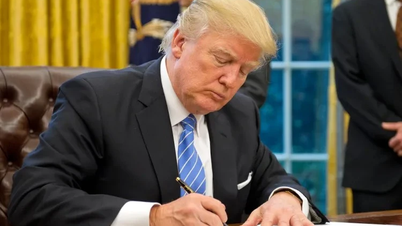




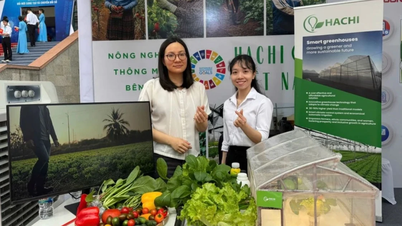

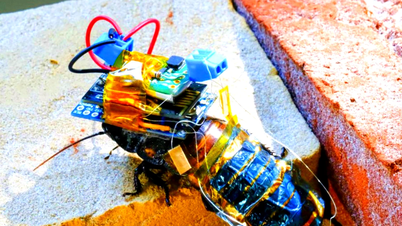




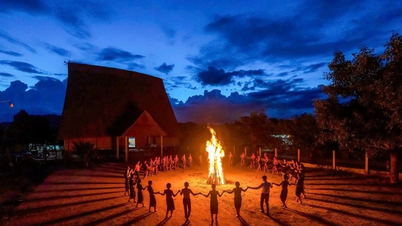
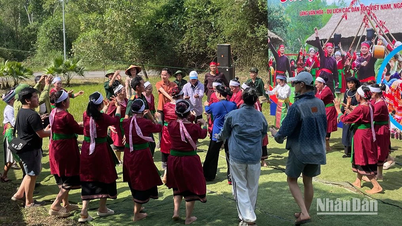
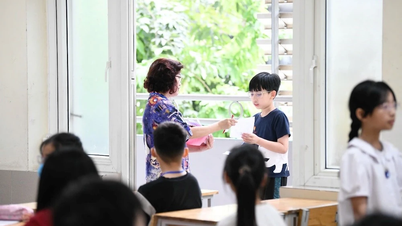
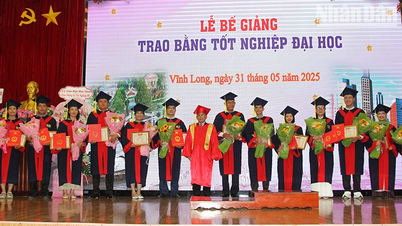


![[Photo] National Conference "100 years of Vietnamese Revolutionary Press accompanying the glorious cause of the Party and the nation"](https://vphoto.vietnam.vn/thumb/1200x675/vietnam/resource/IMAGE/2025/5/30/1cf6cd5c8a934ebfa347028dcb08358c)













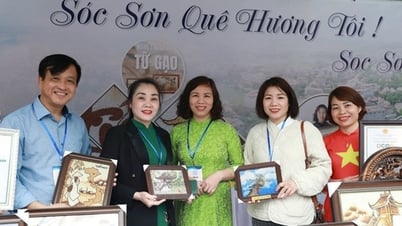
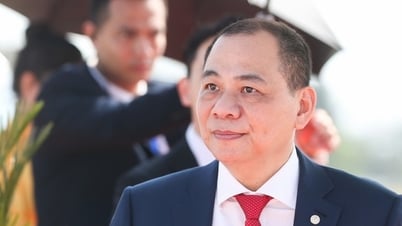











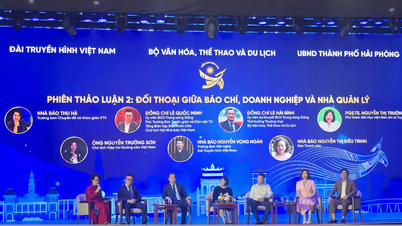




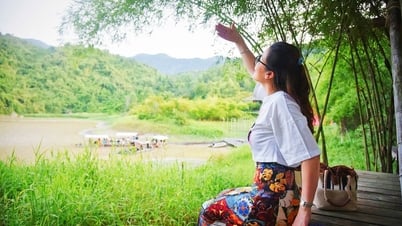
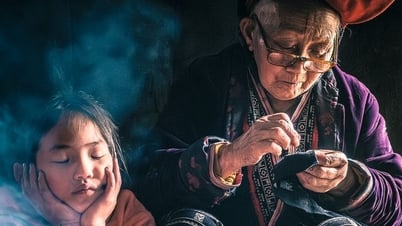

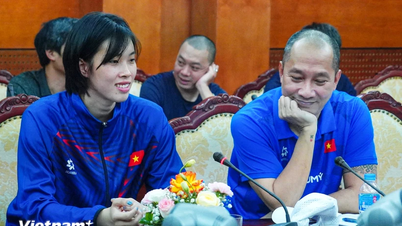
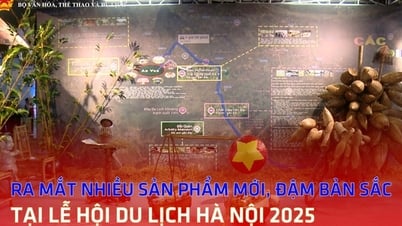

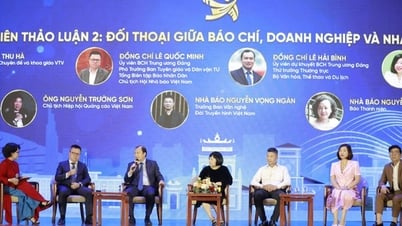
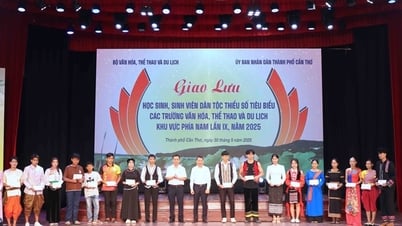

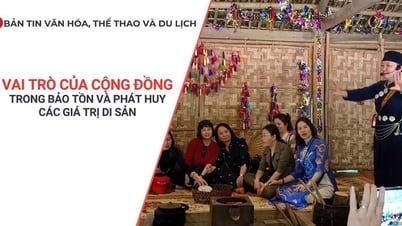
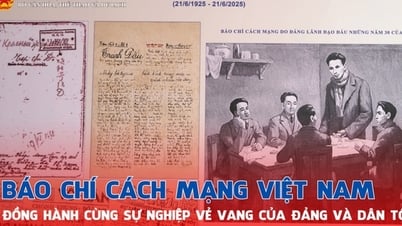


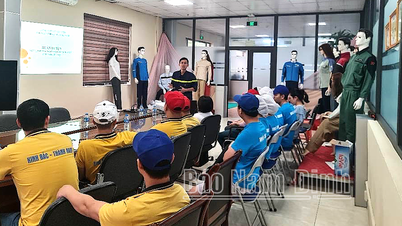

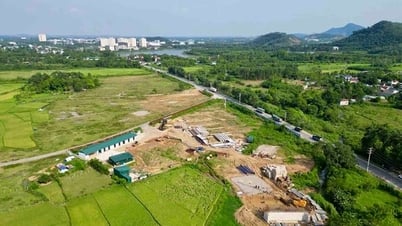

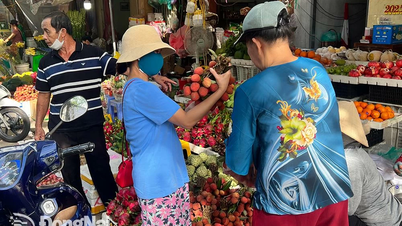

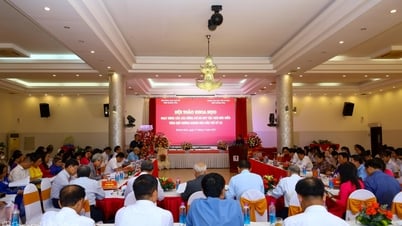

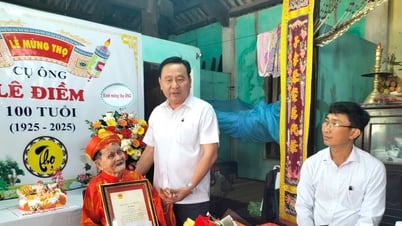





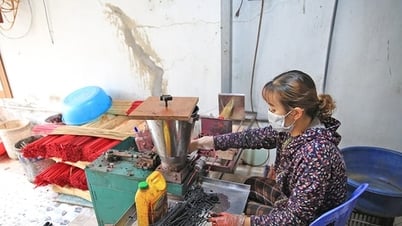
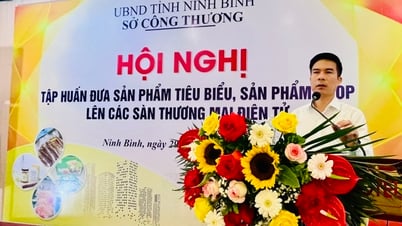


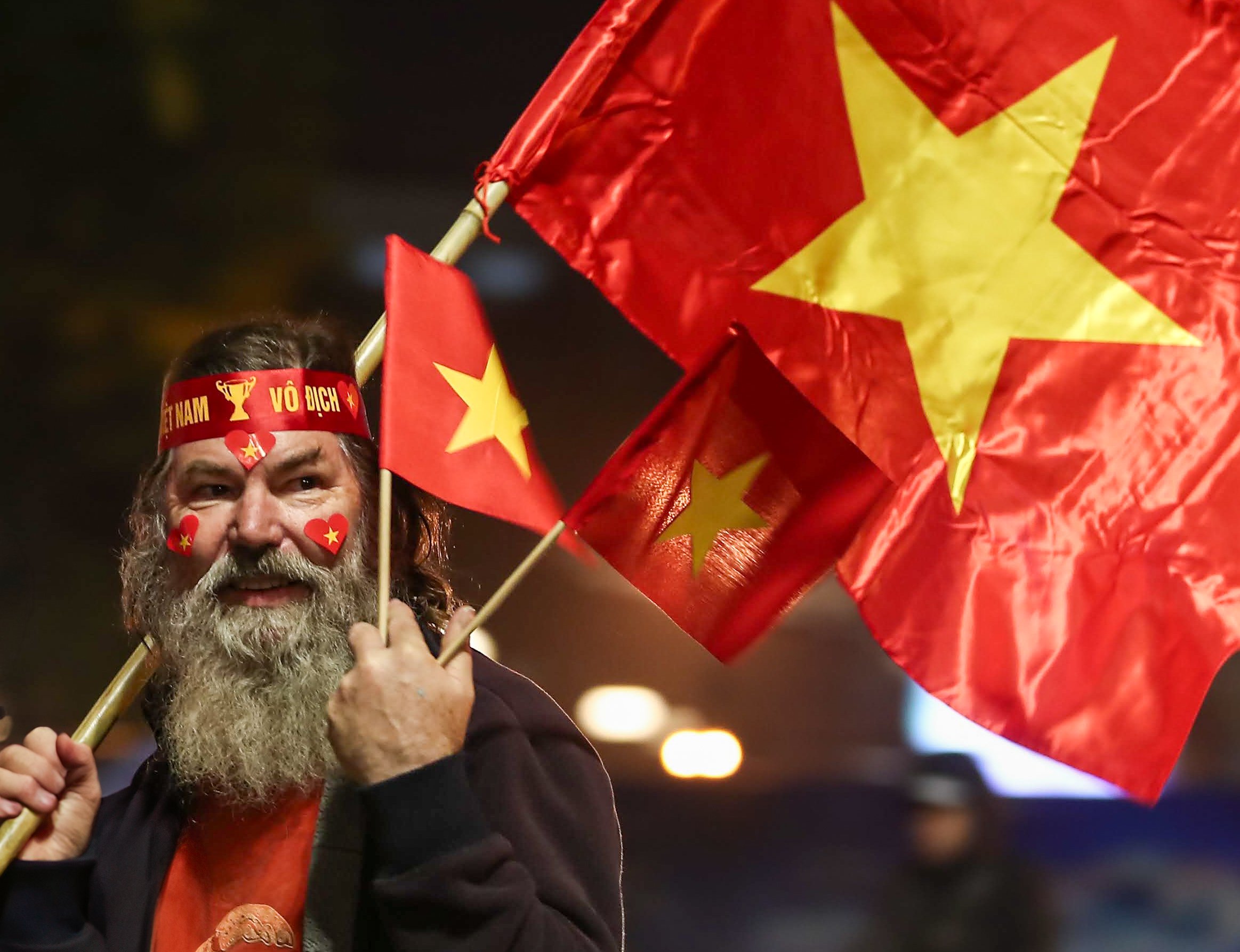



Comment (0)